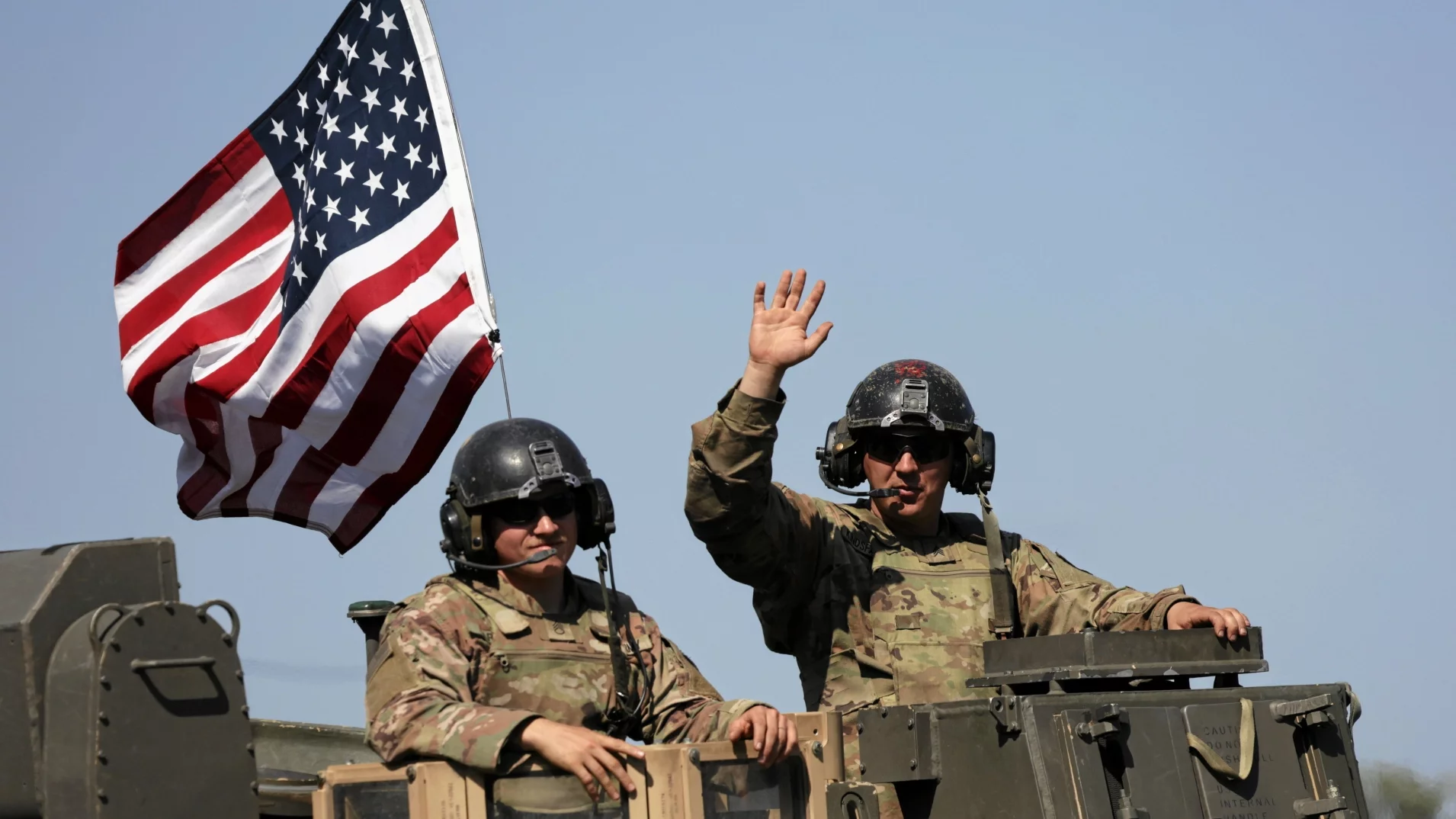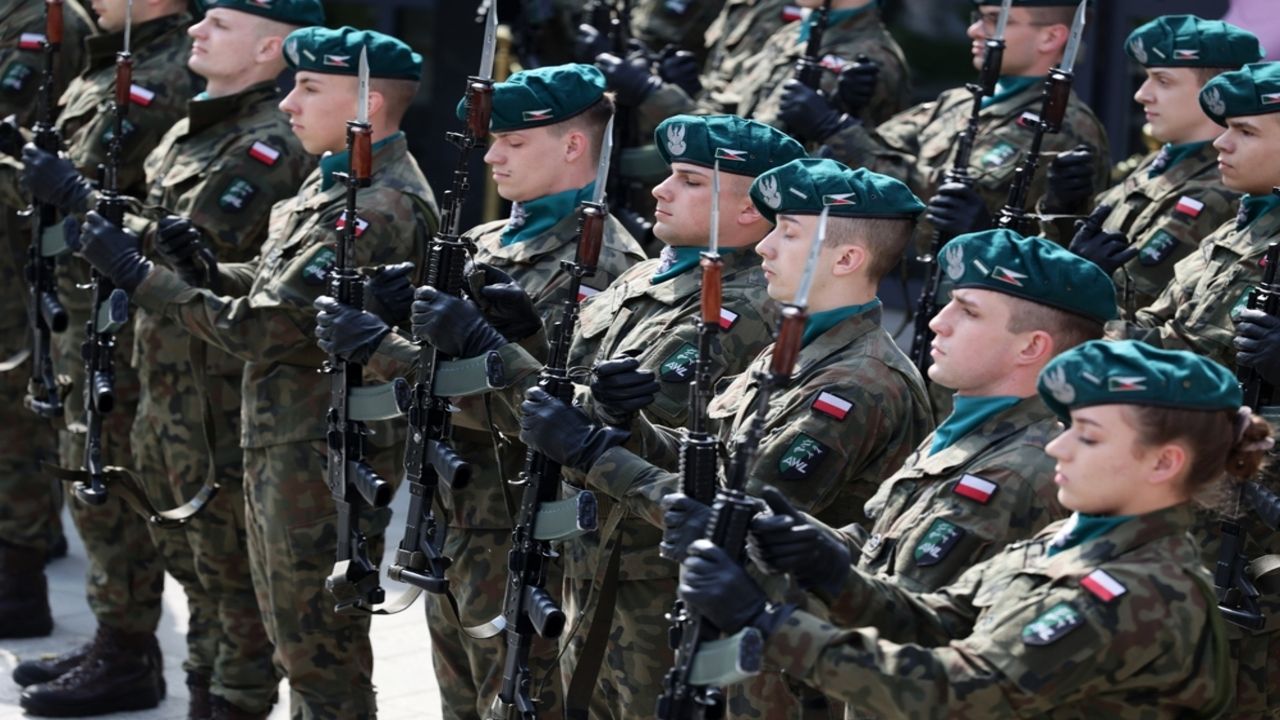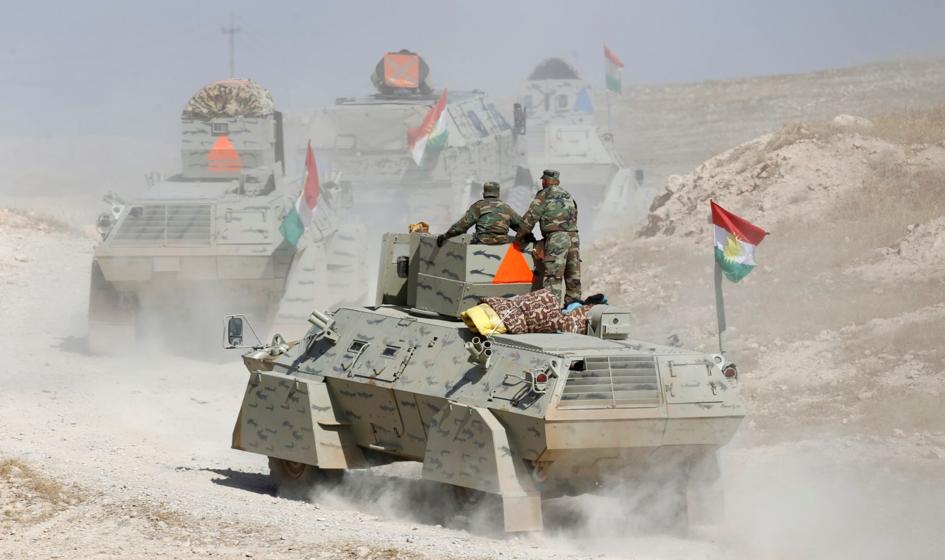There is already a regulation in force by the MON concerning the service of calling cards for military service in the event of mobilization and during the war. More detailed and precise procedures are intended to guarantee that, if necessary, the process takes place smoothly and that information on the appointment reaches the right people as shortly as possible.
According to Home defence Act In the event of a declaration of mobilization and during the war, persons may be designated for military service, specified as reserve soldiers. Additionally, on a voluntary basis, besides those who have not passed military qualifications, as long as they have aged 18 and have not exceeded 60 years for men and 50 years for women.
The appointment shall be made by means of appointment cards. Until recently, their service was regulated by the Home Affairs and Administration, National Defence and Infrastructure Regulation of 5 July 2002. However, it lost power on October 24, 2023. The Ministry of Defence has so developed fresh regulations, adapting them to current needs. The fresh Regulation shall apply from 31 January.
Local governments, post office and police
Under the fresh regulations, appointment cards will be issued by military recruitment centres and transferred to mayors, mayors or city presidents (if this is not possible, the card will be sent to, among others, region or city police commands). These papers will be kept until the mobilization is announced and forwarded to the addressees. But not only local authorities will be able to be active in the distribution of vocation cards. Local government authorities, in agreement with the head of the Central Military Recruitment Centre, will be able to commission this task to the commanders of military units, police and post office. In the second case, the service of papers will be carried out by staff of designated post offices. According to the Regulation, papers received by post offices by 8.00 will be delivered on the same day – at the place of check-in, permanent stay or temporary stay of more than 3 months and at the place of work. If the post office receives the cards later, e.g. after 8.00, it will be delivered in the afternoon, no later than midnight. Importantly, appointment cards will be served first before another shipments.
New in the regulations is that if the card is not presented in person, the information about the effort to deliver and the necessity to receive it can be left in the mailbox, on the door of the flat or in a visible place at the entrance to the property. In erstwhile provisions, the procedure in specified situations was not specified.
Courier action
The fresh rules introduce detailed rules on the alleged courier action – an organised vocation card transportation strategy to guarantee the fast and efficient transmission of papers to addressees.
In cooperation with the head of the Central Military Recruitment Centre and the provincial police chief, he will be liable for the improvement of the plan of this action in the voivodship. On the another hand, the mayors, mayors and presidents of cities, in consultation with the territory and city police chiefs and WCR chiefs, will prepare a detailed action plan at local level. This plan will determine, among others, the routes of couriers, the list of persons liable for card delivery, together with their contact details, the way in which the action is launched and the options for action at different times during the day and during the years.
The courier action plan will be updated at least erstwhile a year, as well as at the request of the head of WCR or police.
The fresh rules besides indicate that the function of couriers will first be designated as persons employed in municipalities and cities. If necessary, they will be able to take over another authorized persons. Thanks to these solutions, the process of serving the calling cards is to proceed smoothly and without delay, regardless of the circumstances.
Posters in the City
The fresh rules besides clarify the principles of announcing universal mobilization. The mayors, mayors and city presidents, in consultation with the heads of military recruitment centres (WCR), will be liable for preparing a plan to spread notices on their territory. This plan will determine, among others, the number of posters and their location, so that information on the mobilisation reaches as many people as possible.
The notice, the model of which is an annex to the Regulation, will contain all applicable information, including: a list of persons obliged to appear in service, places and time limits, as well as the consequences of ignoring the call. The rules supply for severe penalties for those who will waive work of service. A prison conviction of not little than 3 years will be punishable for not volunteering for work within the prescribed time and place during mobilization or war. With a minimum of 5 years' imprisonment, those who deliberately evade military service during mobilization or war will gotta count.
The fresh regulations aim to guarantee effective mobilisation and to make citizens aware of the seriousness of the situation if the country needs to be defended.







